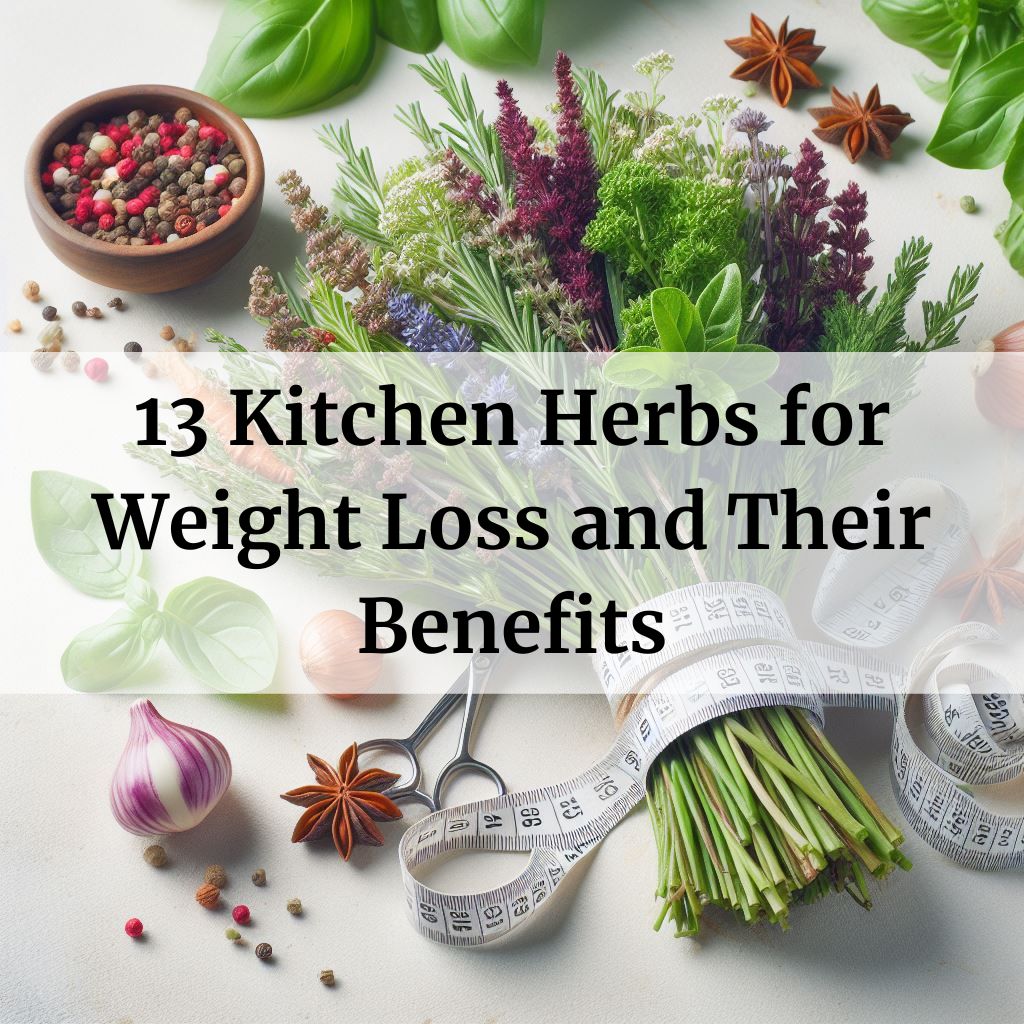
Incorporating certain herbs into your diet may help boost metabolism, reduce hunger, and enhance fat burning. Here are 13 kitchen herbs that have been associated with potential benefits for weight loss:
In this article
13 Kitchen Herbs for Weight Loss and Their Benefits
By combining these herbs with a healthy lifestyle, you can potentially enhance your weight loss efforts and improve your overall health and well-being. Let’s get started:
Fenugreek
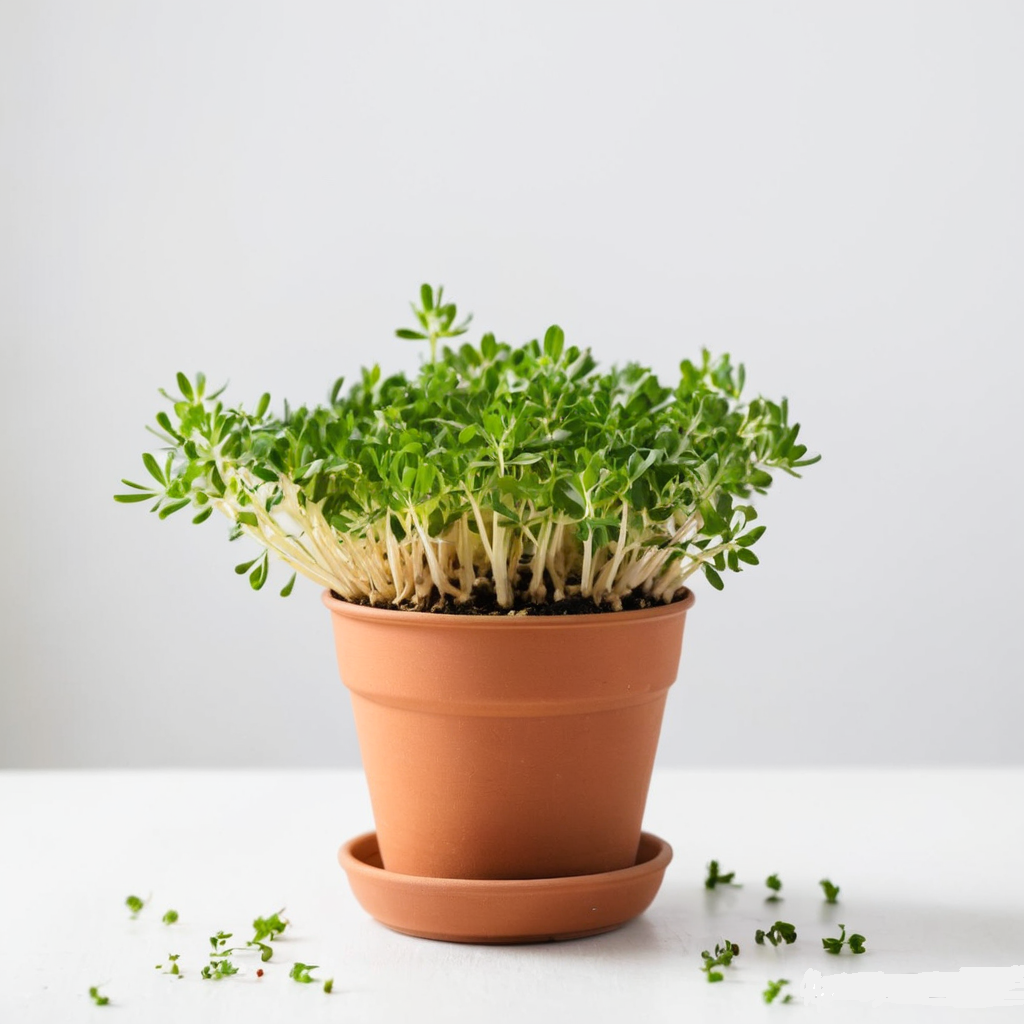
- Fenugreek is an herb with a clover-like appearance, known for its culinary and medicinal uses. It is native to the Mediterranean region, Europe, and Asia. The seeds of fenugreek have a taste similar to maple syrup and are used in foods and medicine.
- May help reduce appetite and promote feelings of fullness.
- A study found that fenugreek supplementation helped reduce body weight and fat mass in overweight women.
- Additionally, some studies suggest potential benefits for increasing breast milk production in lactating women.
Cayenne Pepper
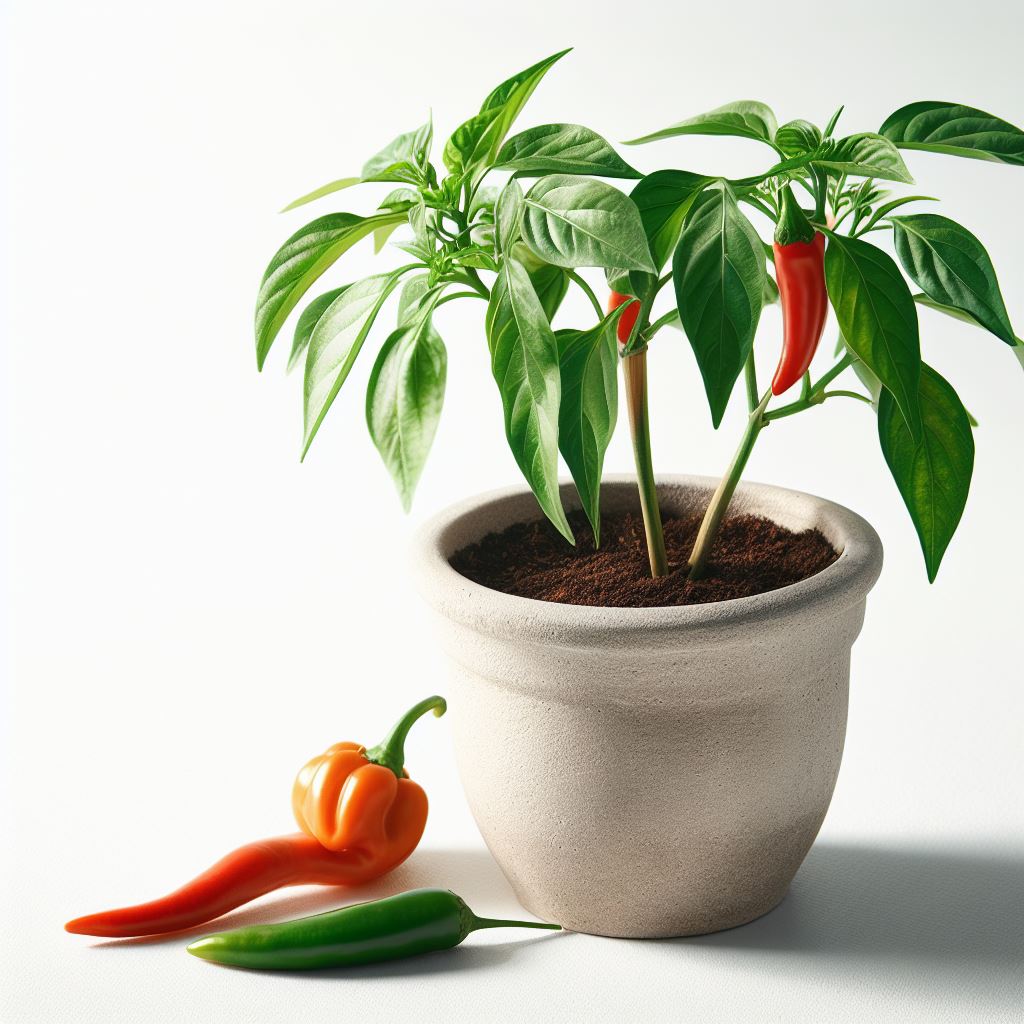
- Contains capsaicin, which may boost metabolism and reduce hunger.
- A study found that consuming cayenne pepper with meals helped reduce appetite and increase satiety in overweight individuals.
- Try sprinkling ground cayenne on roasted nuts or in soups, scrambled eggs, or homemade dressings or dips for an extra kick.
Ginger
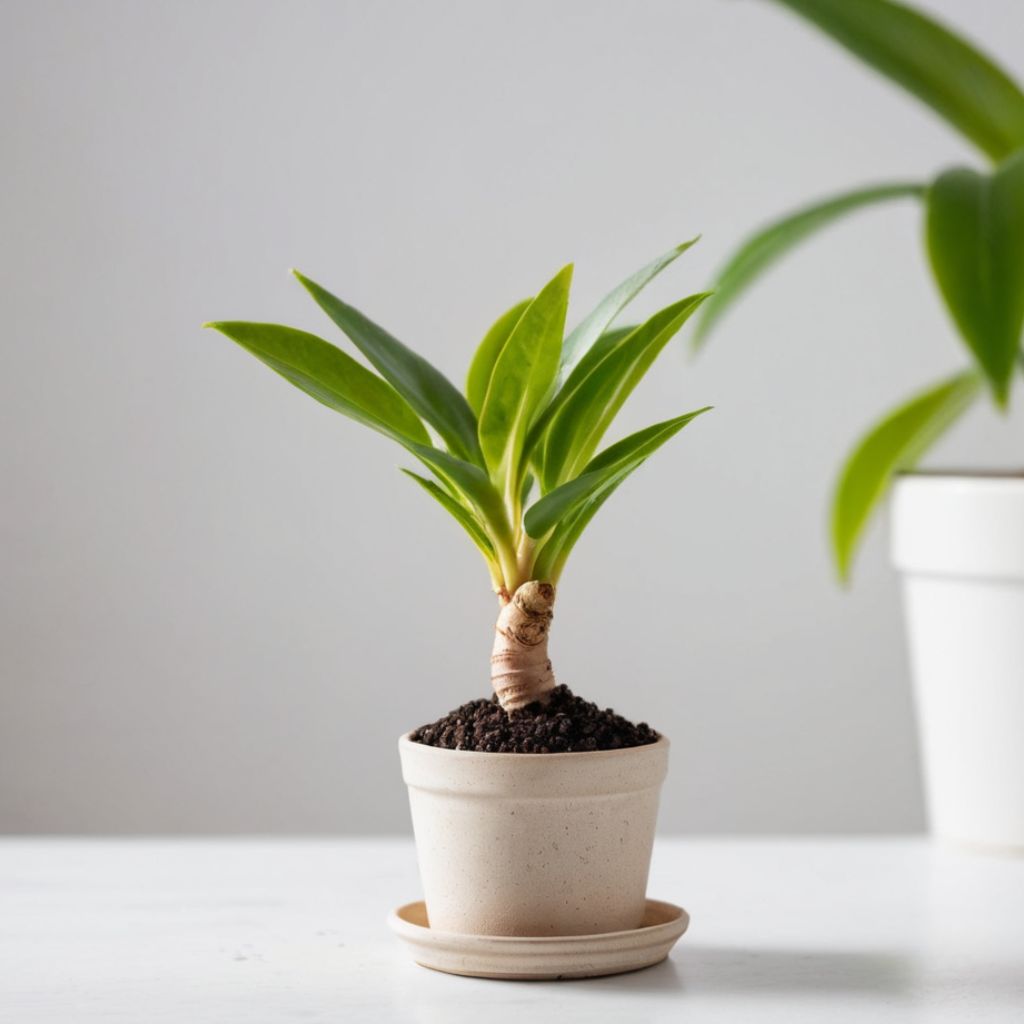
- May help ward off hunger and aid in weight loss.
- A study found that ginger supplementation helped reduce body weight, waist-to-hip ratio, and hip ratio in overweight women.
Oregano
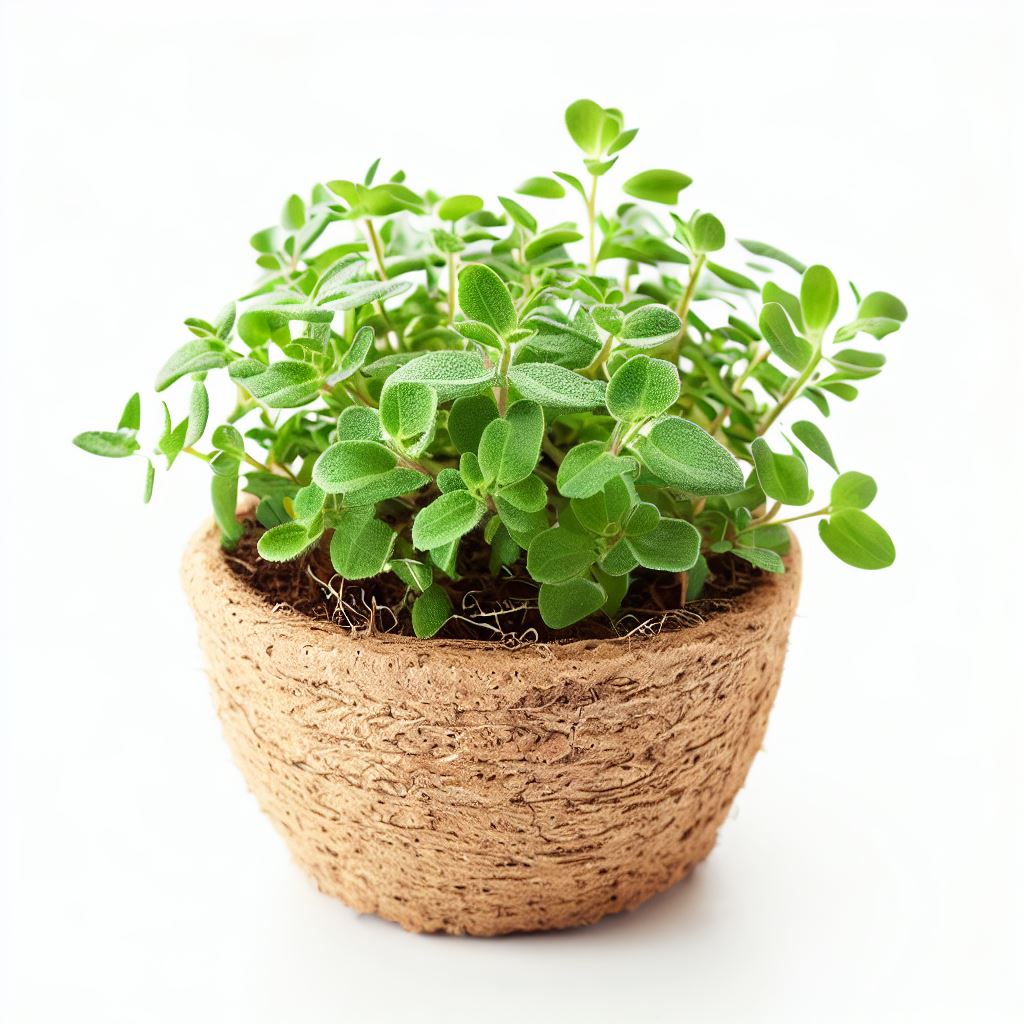
- Contains carvacrol, which may help reduce weight gain and fat accumulation.
- A study found that carvacrol supplementation helped reduce body weight, fat mass, and waist circumference in overweight individuals.
Ginseng
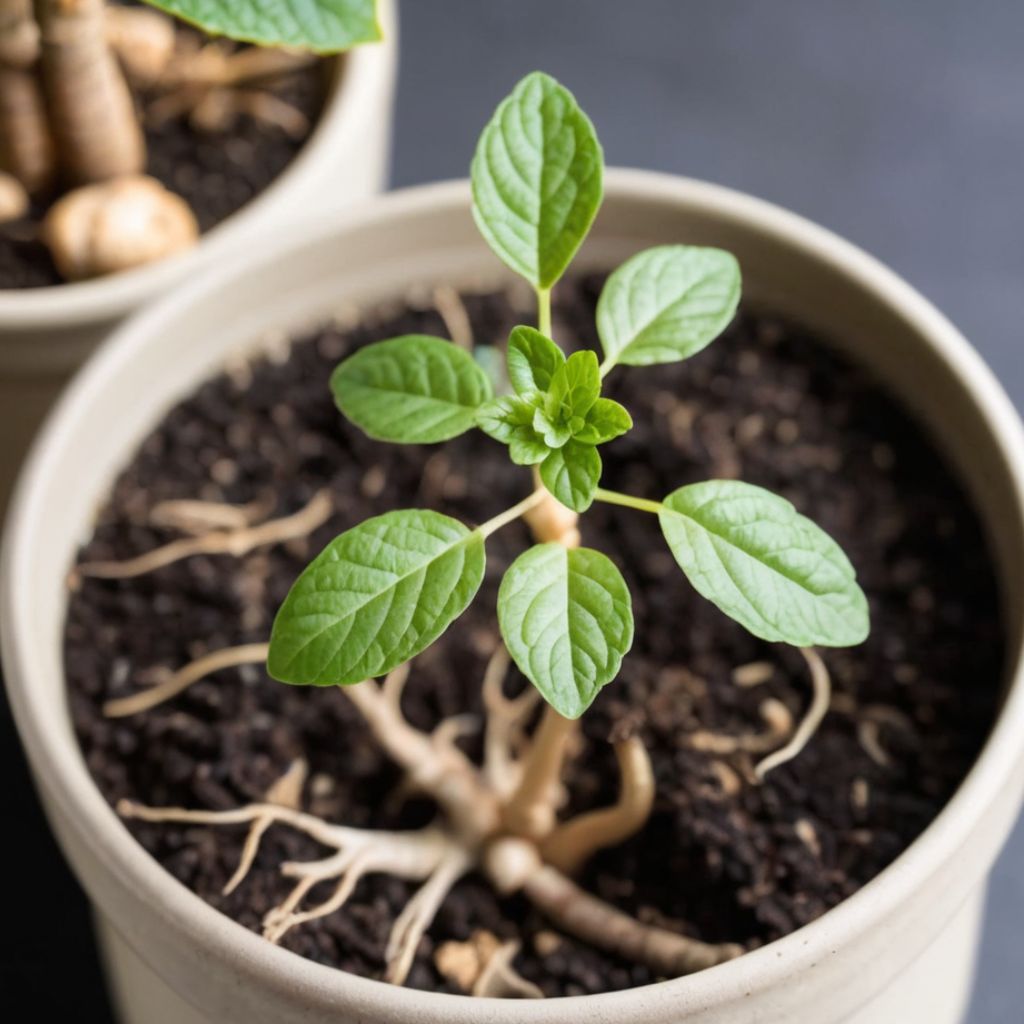
- May help boost metabolism and reduce appetite.
- A study found that ginseng supplementation helped reduce body weight, BMI, and waist circumference in overweight individuals.
Caralluma Fimbriata
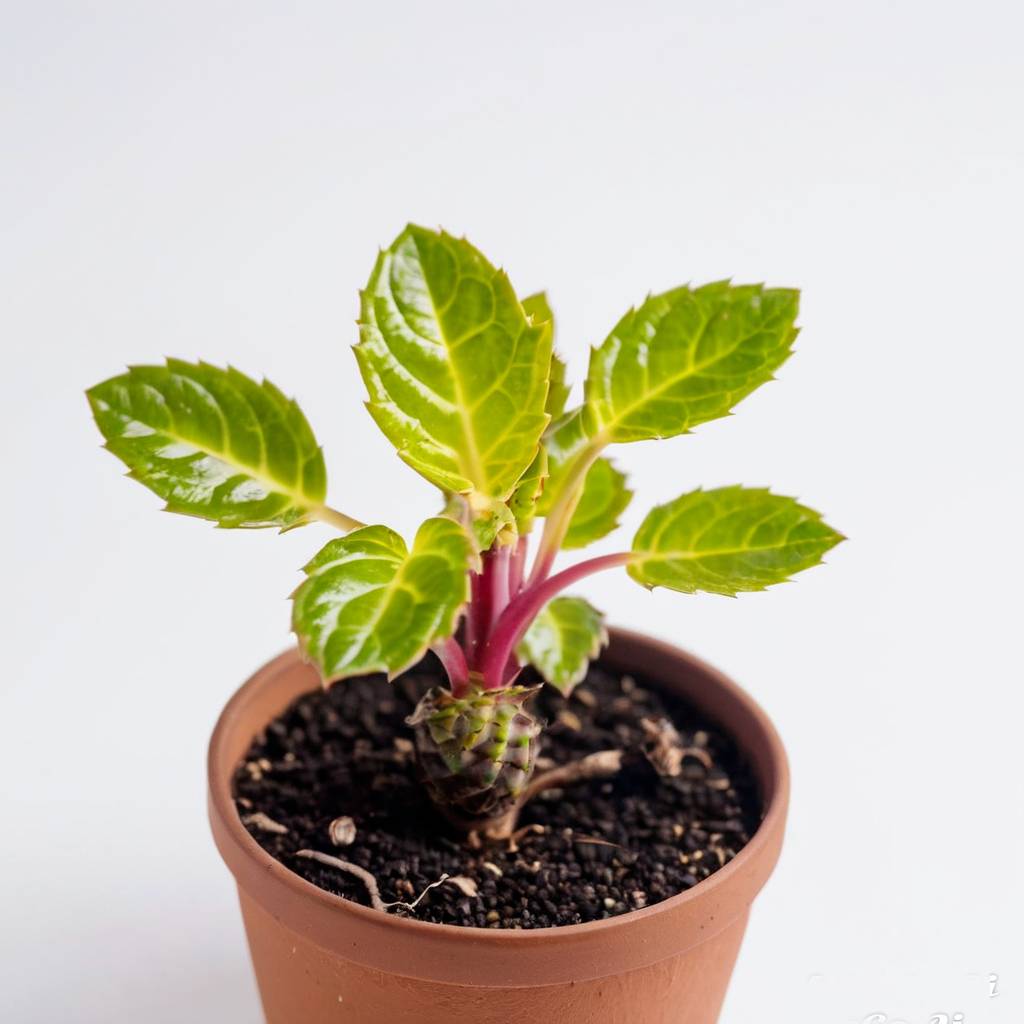
- Caralluma fimbriata is an edible cactus that grows in India and is used in preserves such as chutneys and also as medicine.
- It has been traditionally used for its potential appetite-suppressing properties during times of famine and long hunts.
- May help reduce appetite and promote feelings of fullness.
- A study found that caralluma fimbriata supplementation helped reduce waist circumference and hunger levels in overweight individuals.
- Can be consumed raw, or by boiling, cooking as a vegetable, and as an ingredient in condiments like chutneys and pickles.
Turmeric
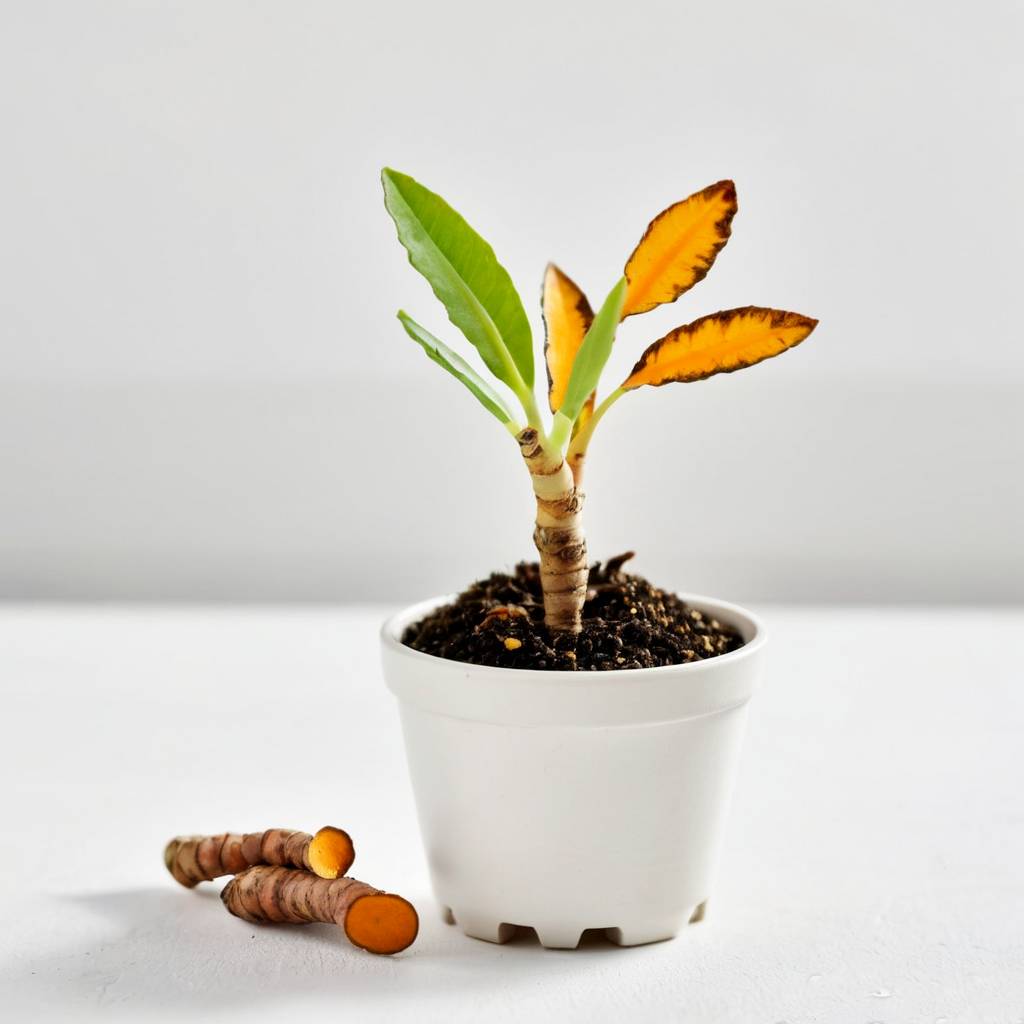
- Known for its anti-inflammatory properties and potential to support metabolism and digestion.
- A study found that curcumin, the active compound in turmeric, helped reduce body weight, BMI, and waist circumference in overweight individuals.
READ MORE: How to grow turmeric indoors
Cinnamon
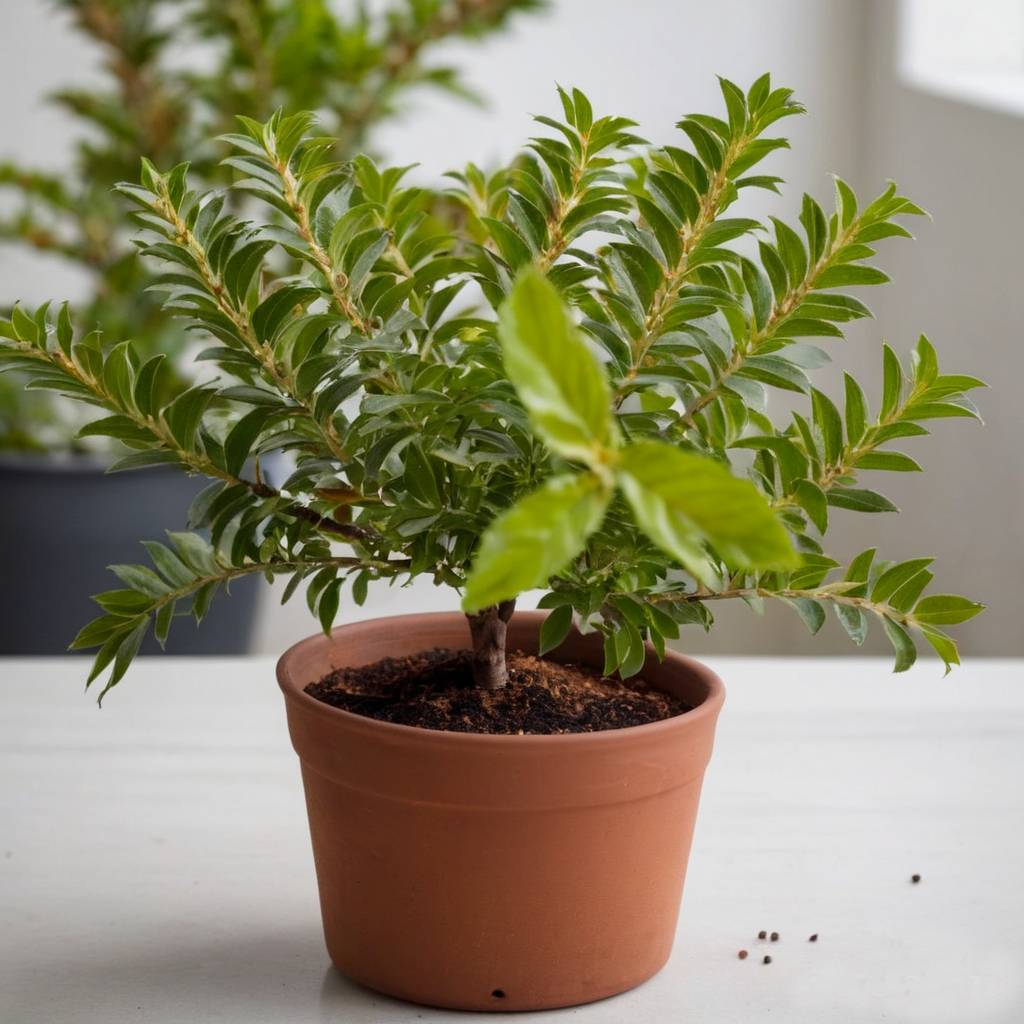
- Known to help regulate blood sugar levels and curb cravings, which can be beneficial for weight management.
- A study found that cinnamon supplementation helped reduce body weight, BMI, and waist circumference in overweight individuals.
Cinnamon plants love warm and humid climates, and they require temperatures of 15 degrees Celsius or warmer to survive. When grown in a pot, cinnamon plants require a large container that is at least 18 inches across and 20 inches deep to give the plant room to grow and mature. Cinnamon plants require full sun, meaning at least six hours of direct sunlight on most days, but they will benefit from some afternoon shade in very hot and dry weather.
Cilantro (Coriander)
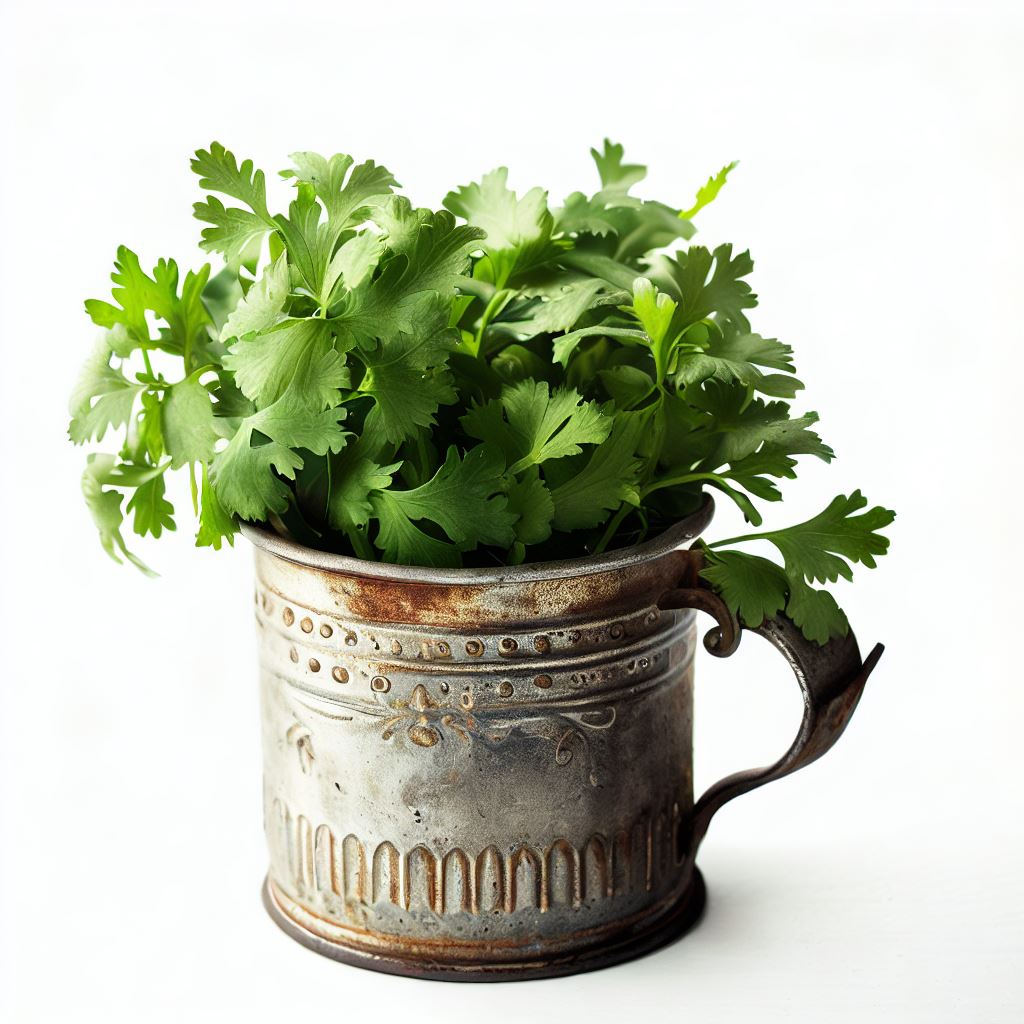
- May help reduce inflammation and support digestion, which can be beneficial for weight management.
- While there is no specific study that directly supports the claim that cilantro supplementation helped reduce body weight, BMI, and waist circumference in overweight individuals, cilantro has been associated with potential health benefits that may indirectly support weight management efforts. For example, cilantro is a good source of nutrients, antioxidants, and antifungal properties, and its use in flavoring food may encourage people to use less salt and reduce their sodium intake.
- Additionally, cilantro has been linked to potential benefits such as reduced cholesterol, decreased oxidative stress, and stabilized metabolism, which may indirectly support weight management efforts.
Chamomile

- There is no current study linking Chamomile to weight loss, however this herb does have significant health benefits, such as improving relaxation and improve sleep quality, and improving digestive health, including relieving symptoms of gastrointestinal discomfort such as gas, indigestion, and bloating.
- Chamomile preparations have demonstrated pharmacological effects, including antioxidant, anti-inflammatory, antimicrobial, and sedative actions, as well as potential benefits for gastrointestinal function.
- Chamomile has been reported to have potential benefits for skin health, with applications in cosmetic products such as lotions, eye creams, and soaps, which may help reduce skin inflammation and provide moisturizing effects.
Bay Leaf
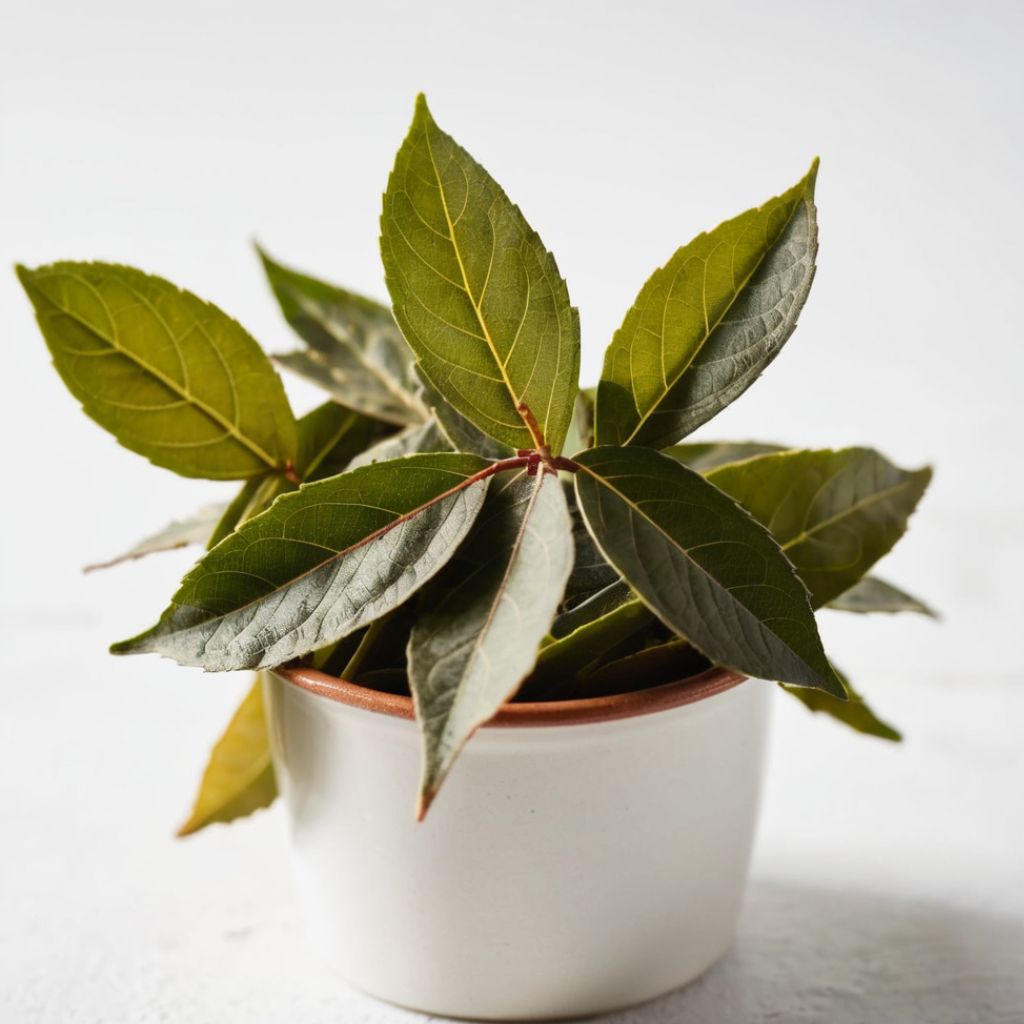
- Contains compounds that may help regulate blood sugar levels and reduce inflammation, which can be beneficial for weight management.
Lavender
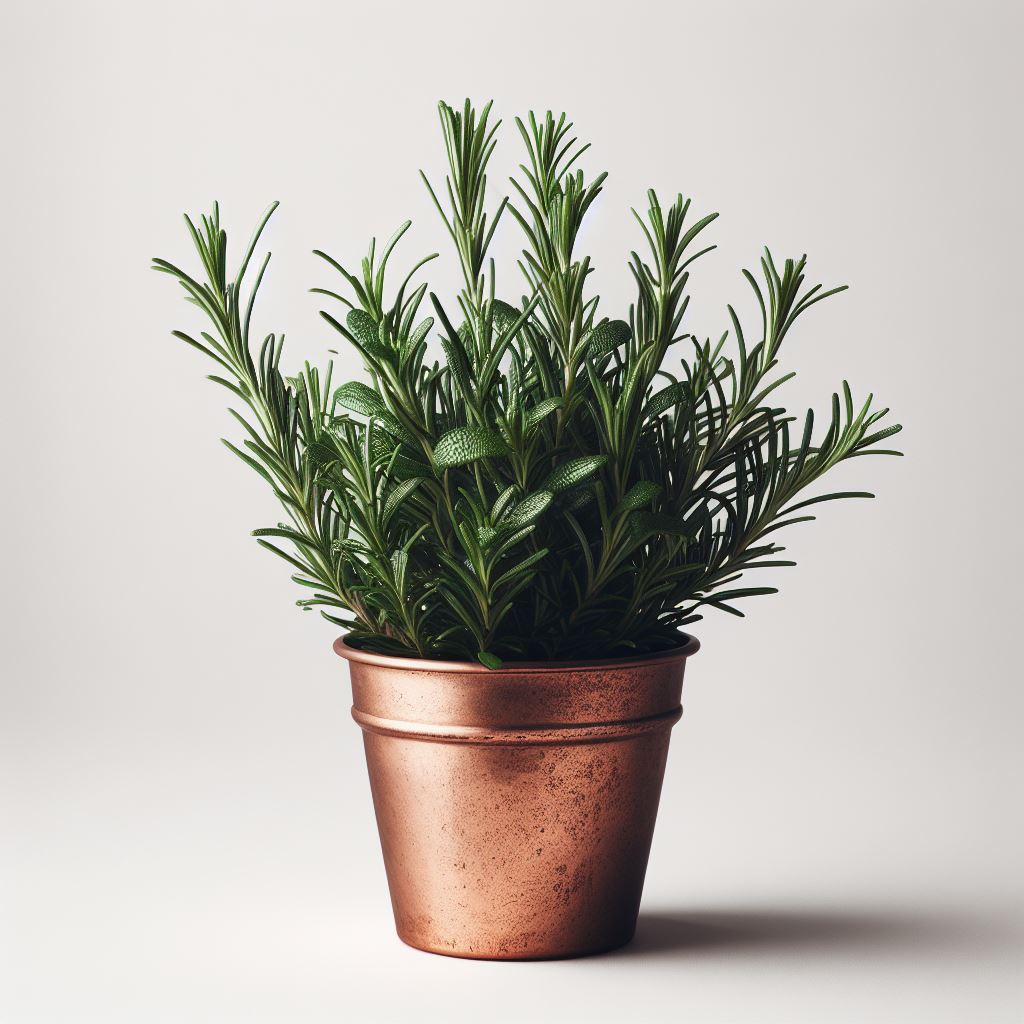
- While there are no studies linking Lavender directly to weight loss, , some studies suggest that lavender’s potential calming properties may indirectly support weight management efforts.
- Research has shown that lavender essential oil has an anti-anxiety and antidepressant effect, which may help reduce stress and promote relaxation.
- Stress and anxiety can contribute to overeating and weight gain, so reducing stress levels may indirectly support weight management efforts.
- Additionally, lavender has been traditionally used to promote relaxation and improve sleep quality, which may also indirectly support weight management efforts.
Lemon Balm
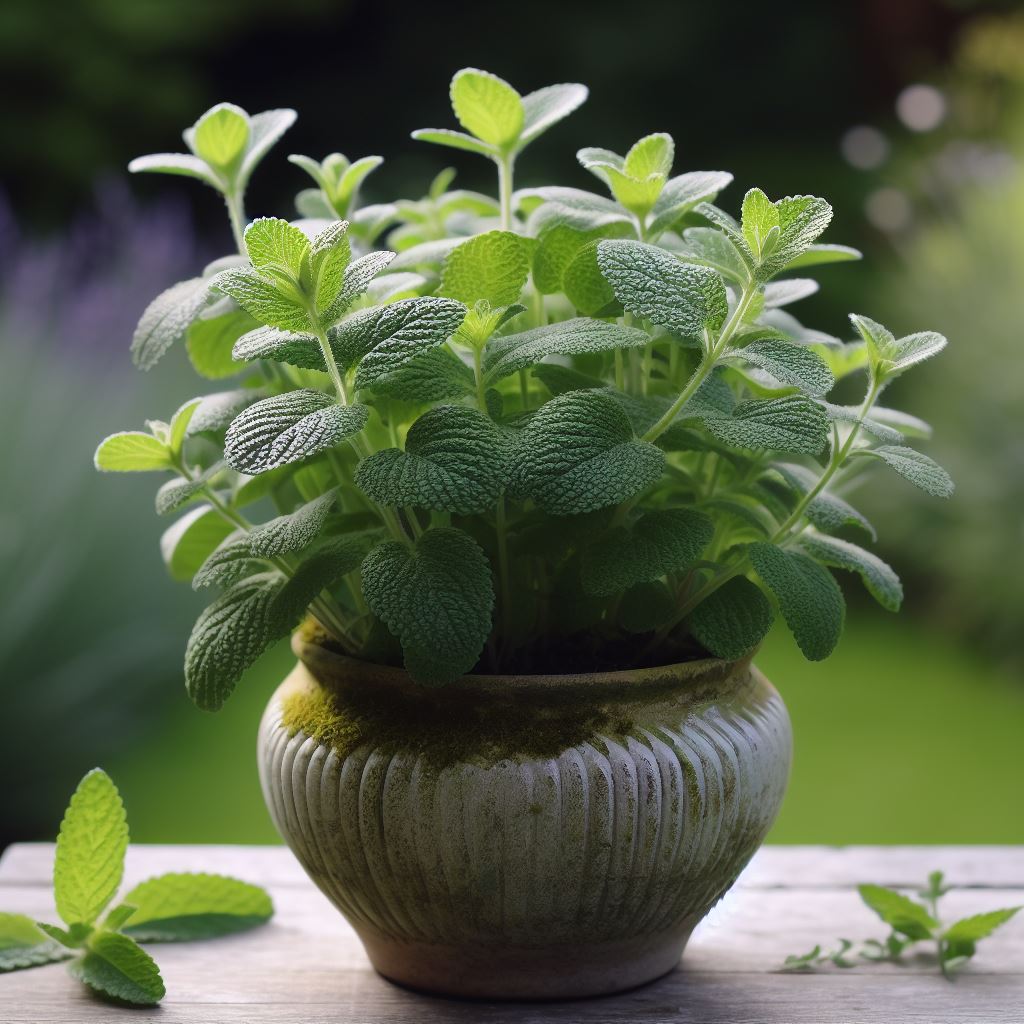
- May help reduce stress and promote relaxation, which can be beneficial for weight management.
- A study found that lemon balm supplementation helped reduce body weight, BMI, and waist circumference in overweight individuals.
Using Herbs Safely for Weight Loss
While these herbs have been associated with potential weight loss benefits, it’s important to approach their use as part of a balanced approach that includes a nutrient-rich diet and regular exercise.
Additionally, it’s important to consult with a healthcare professional before incorporating any new herbs or supplements into your diet, especially if you have any underlying health conditions or are taking medications.
Incorporating these herbs into your diet may help support your weight loss journey, but it’s important to approach their use with caution and in moderation. By combining these herbs with a healthy lifestyle, you can potentially enhance your weight loss efforts and improve your overall health and well-being.
Frequently asked questions
Are these herbs safe for everyone to use?
While these herbs have been associated with potential weight loss benefits, it’s important to approach their use with caution and in moderation. Additionally, it’s important to consult with a healthcare professional before incorporating any new herbs or supplements into your diet, especially if you have any underlying health conditions or are taking medications.
Can I use these herbs as a replacement for a healthy diet and exercise?
No, incorporating these herbs into your diet should be part of a balanced approach that includes a nutrient-rich diet and regular exercise. While these herbs may support weight loss efforts, they are not a substitute for a healthy lifestyle.
How can I incorporate these herbs into my diet?
There are many ways to incorporate these herbs into your diet, such as adding them to soups, stews, dressings, dips, or smoothies. You can also use them to season roasted vegetables, meats, or fish. Experiment with different recipes and find what works best for you.
How long does it take to see results from using these herbs?
The time it takes to see results from using these herbs may vary depending on various factors, such as your diet, exercise routine, and overall health. It’s important to approach their use as part of a long-term, sustainable approach to weight loss and not expect immediate results.







